
Philadelphia to receive additional 1,020 Monkeypox vaccines, amid global health emergency announcement
This past Saturday, the World Health Organization declared Monkeypox a Global Health Emergency, marking the second time in two years WHO has done so after Covid
Despite hesitance to declare Monkeypox a Global Health Emergency early on, the World Health Organization’s director general, Dr. Tedros Adhanom Ghebreyesus overruled advisors on Saturday and declared the virus a “public health emergency of international concern,” a title only Polio and COVID-19 hold. Monkeypox in just recent weeks has spread to different countries globally and infected tens of thousands, killing five people.
The declaration in part is also to attract more attention and hopefully accrue more resources. Just as WHO makes it a global emergency, the Biden Administration now is deciding whether or not to make it a Public Health Emergency in the U.S. to increase response.
Despite initial spread in some African nations, it has now reached nearby and faraway countries with cases in Europe, Asia, and now the U.S. The CDC reports over 2,800 cases in the United States. New York currently has the most confirmed cases, with over 900. Nearby states New Jersey and Pennsylvania have also hit double digit cases, as the latter reports over 55 cases so far.
“We have an outbreak that has spread around the world rapidly through new modes of transmission, about which we understand too little, and which meets the criteria,” said Adhanom Ghebreyesus.
This comes after some critics deemed the declaration unnecessary, with the National Library of Medicine calling it “opaque and inconsistent.” Others like Dr. Boghuma Titanji, an infectious disease specialist at Emory University in Atlanta called it “better late than never.”
RELATED CONTENT
As the news dropped, Philadelphia received a second shipment of vaccines, with 1,020 additional doses. Despite the shipments as of late, the overall number of vaccines is still only about 2,500, leaving health officials to make it only available by appointment and only for those at high-risk, or who have come in contact with, but not confirmed to have monkeypox. The JYNNEOS vaccine is administered in two doses, with health officials claiming protection with even just one shot.
Dr. James Lawler, co-director of the University of Nebraska’s Global Center for Health Security, says the disease will take a year or so to contain, thereupon, hundreds of thousands will have been infected with a second consecutive global health emergency.
“We’ve now unfortunately really missed the boat on being able to put a lid on the outbreak earlier… Now it’s going to be a real struggle to be able to contain and control spread,” Lawler said.
After initial reports that the disease was spreading primarily in the LGBTQ+ community, the disease has since moved out of that group and now has shown to infect all. Older adults, pregnant women, and children will be the most affected.
Climate change will also play a role in its spread, with high temperatures plaguing the globe as of late, the spread of Monkeypox will be highly transmissive as many going to the beach, concerts, or are simply just out in public. With animals also being able to get the disease, it creates an opportunity for the disease to take hold globally like COVID, and many health departments across the world are not equipped to handle what might inevitably come.
Despite flare ups of the disease in African nations in the last couple decades, many health officials' calls for attention went unheard and now we might be seeing the consequence of it. With vaccine supply still very low in many parts of the world, including the U.S., many wonder how this will play out.


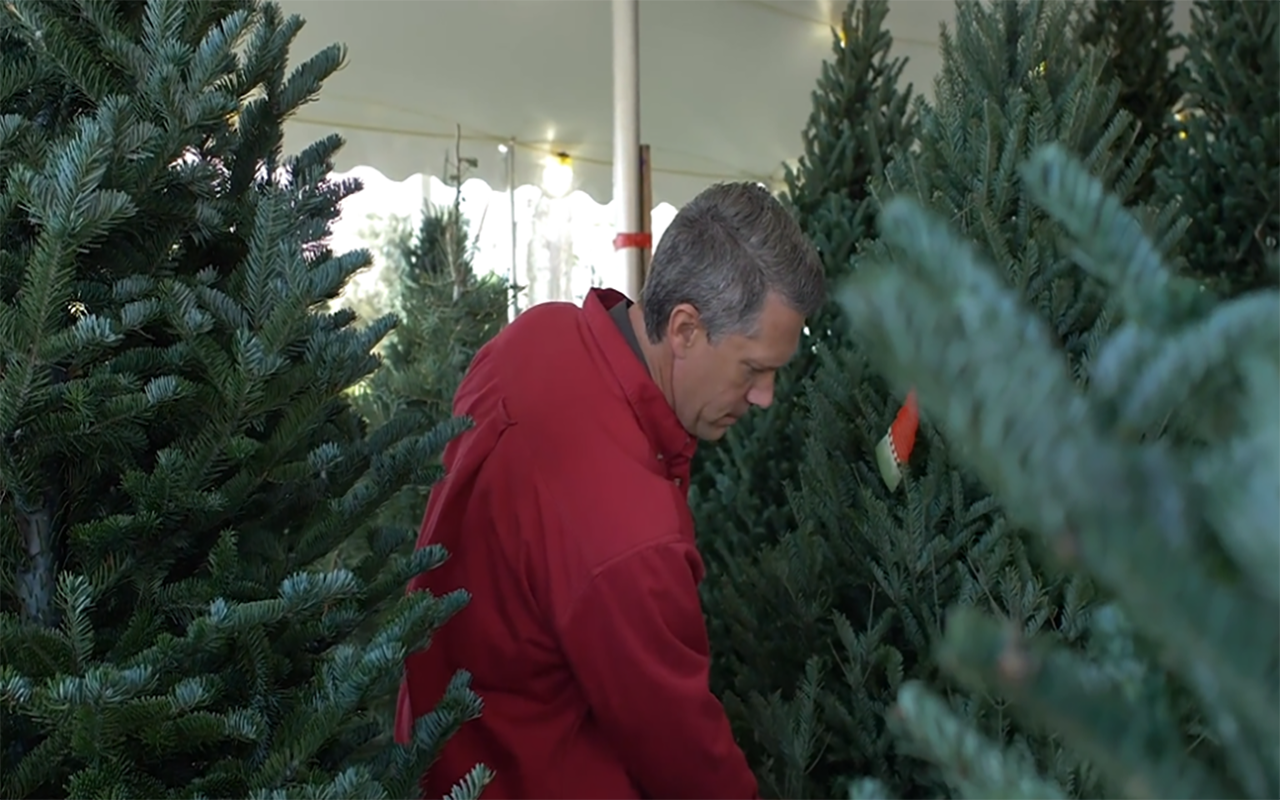
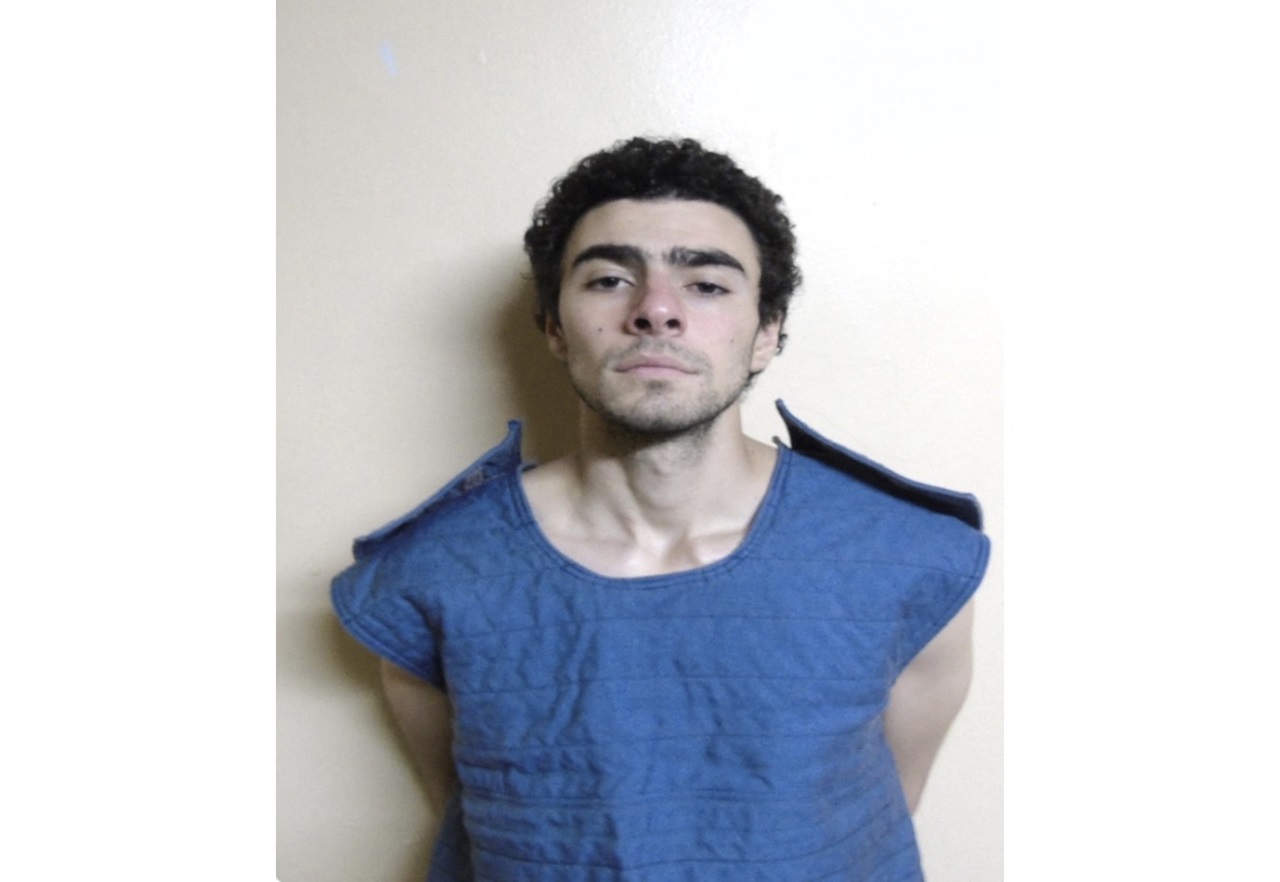
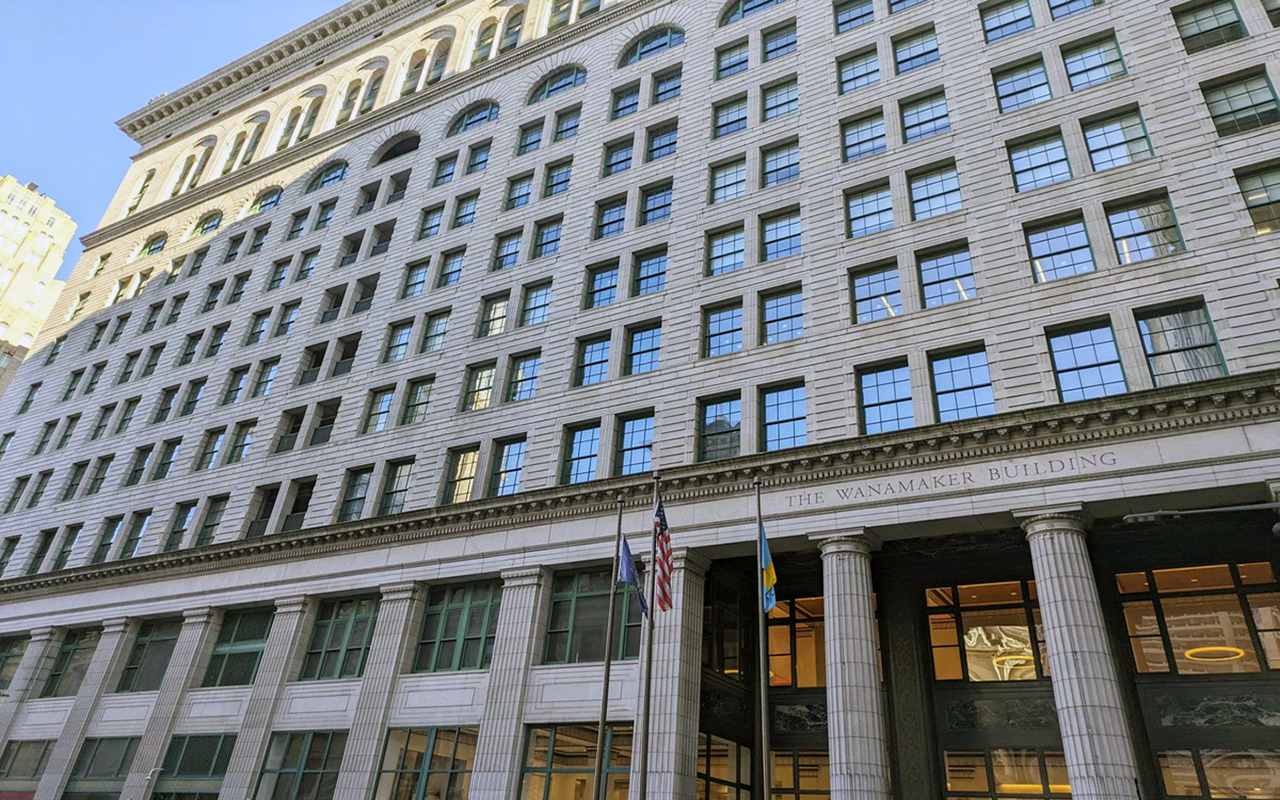
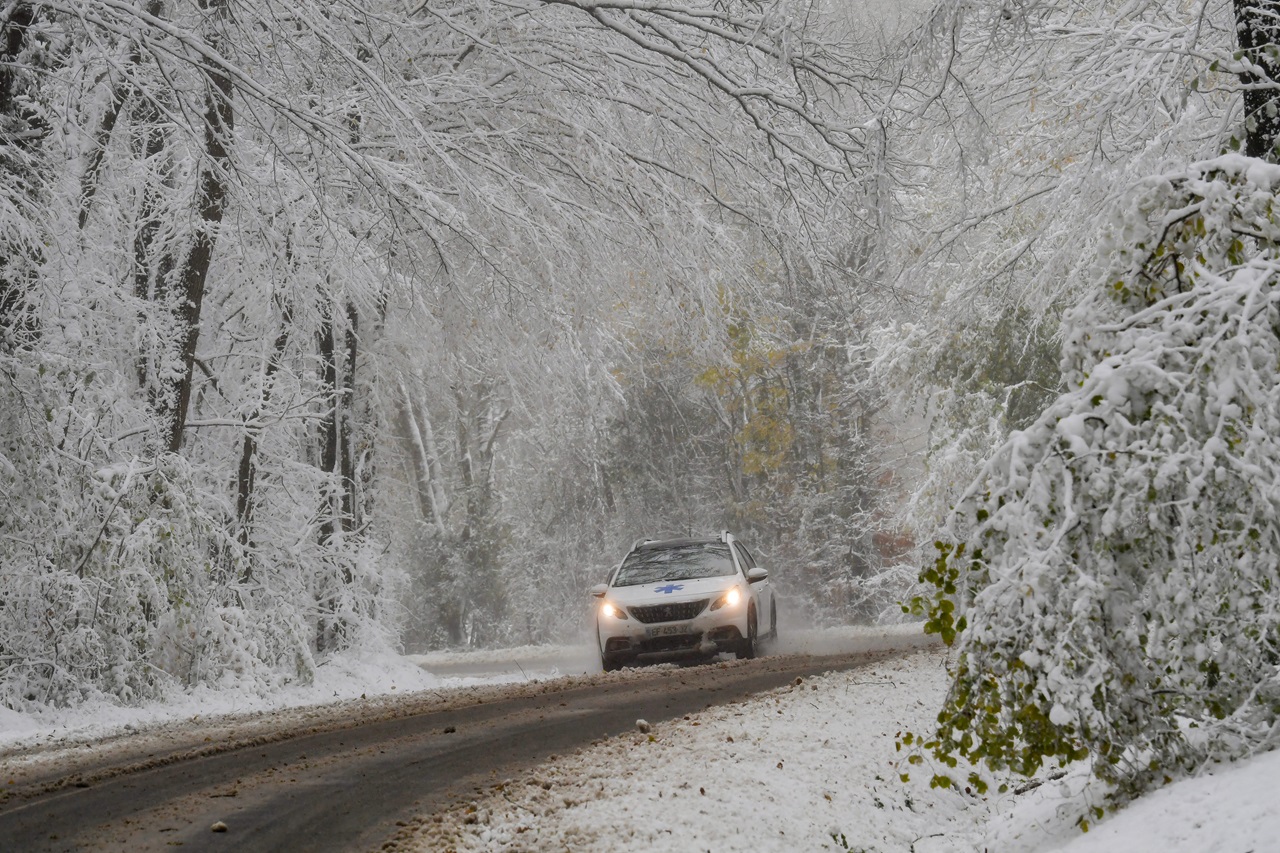

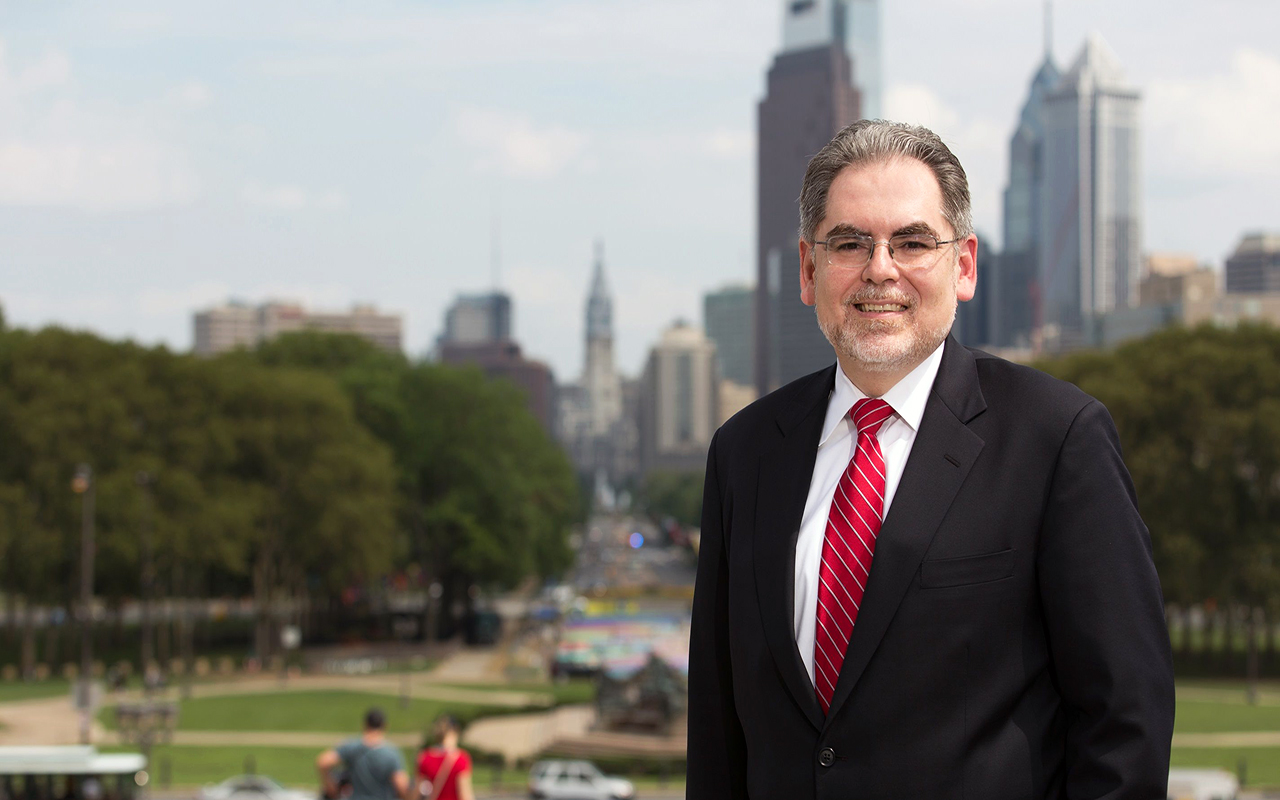

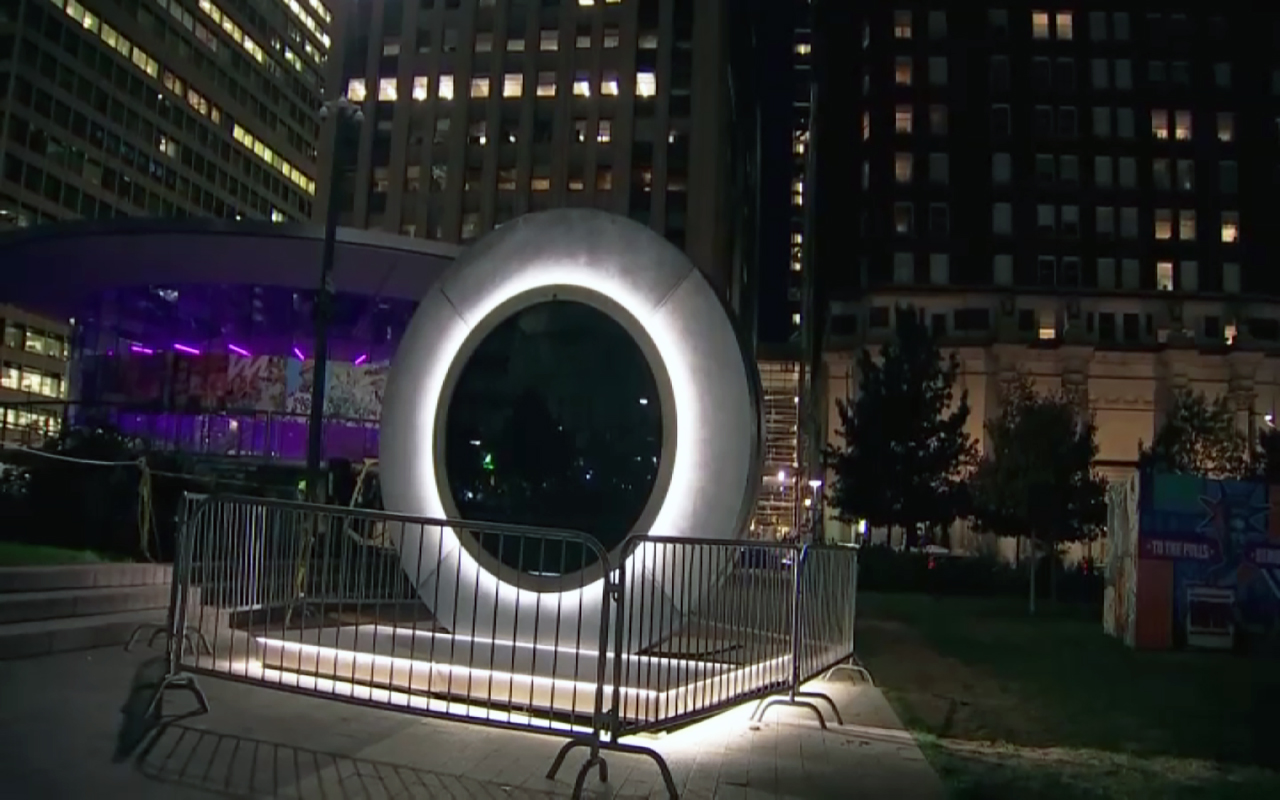

LEAVE A COMMENT:
Join the discussion! Leave a comment.